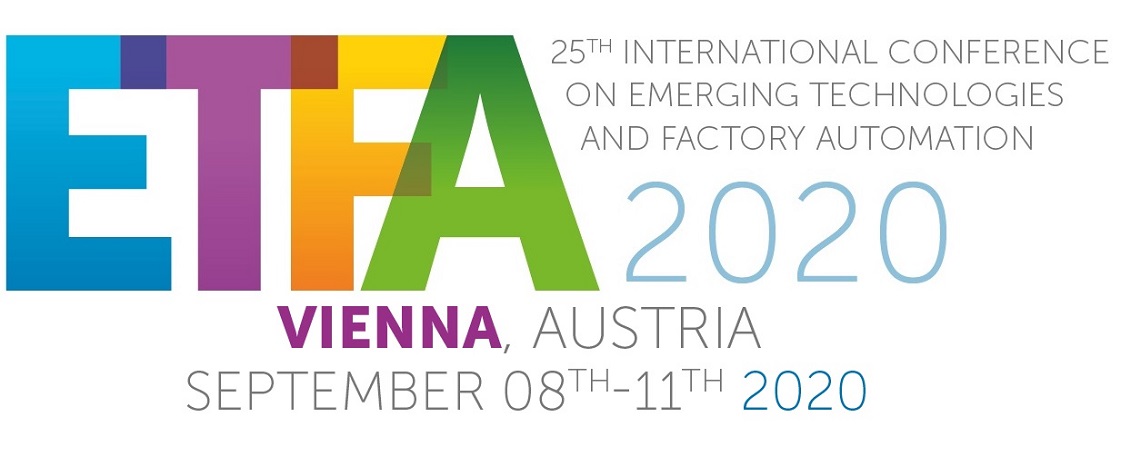Click here
to download the session cfp.
This special session is dedicated to bring together experts from various domains, such as IT, telecommunication, OT, and automation, in order to discuss and elaborate on challenges in the area of industrial communication inside the factories of the future. Nowadays, several highly sophisticated technologies are implemented in factories to realize a high variety of industrial applications. These implementations are able to achieve high performances in terms of e.g. cycle times and reliability. However, this performance is typically only feasible within strictly defined technologies or vendor specific communication domains, so that the interoperability becomes a big issue. Moreover, management and configuration of these networks is solely possible using vendor specific tools. The current market situation brings new requirements towards safety, security, flexibility, user-friendliness, and interoperability of the communication infrastructures. It is crucial to build industrial systems that are easy to rearrange, reconfigure, and in the same time offer high communication performance. To achieve this, innovative and sophisticated management approaches for heterogeneous and complex network infrastructures are needed. These approaches should not only consider the legacy wired and wireless communication technologies but also the newest Time Sensitive Networking (TSN) amendments as well as the currently developed 5G standard.




